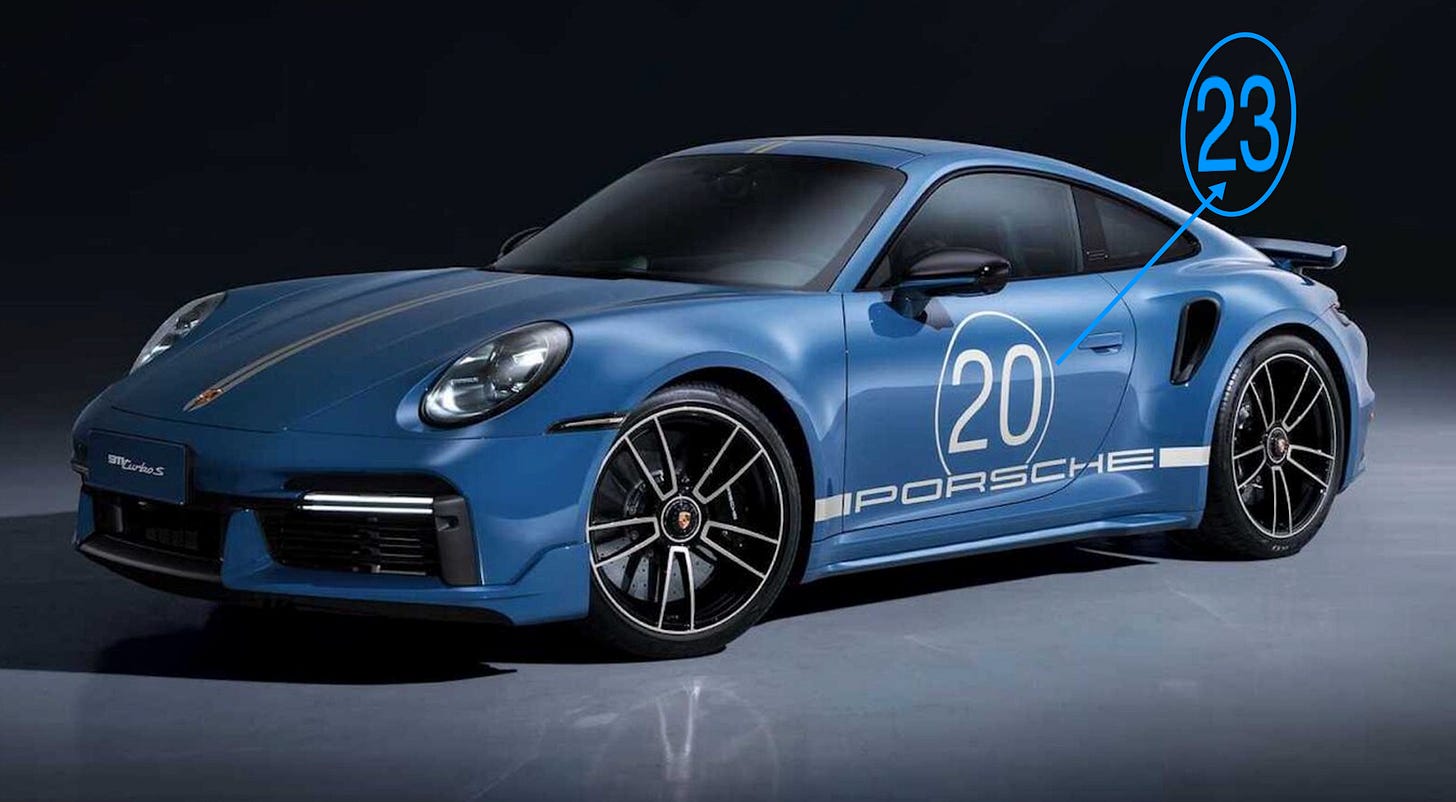Porsche and Co. in China? It’s not the end of the golden era; it’s the resurgence of a new 'Made in China' paradigm
After 23 Years, What Happened to Porsche in China? When the German Dream Meets the Chinese Reality
Remember when a Porsche was the ultimate status symbol on Chinese roads? Those distinctive headlights in your rearview mirror meant someone had made it.
The prestigious German marque dominated China's luxury car scene, with their perfectly engineered sports cars and SUVs becoming almost mandatory accessories for the country's elite. Chinese buyers couldn't get enough of that Stuttgart craftsmanship. But lately, something's changed. Porsche's iron grip on China's luxury car market is loosening, and the story behind this shift reveals as much about China's changing society as it does about the automotive industry.
Looking at the Numbers
The sales figures tell a sobering tale. In 2023, Porsche moved 79,000 vehicles in China - a 15% drop that raised some eyebrows. But 2024's numbers are even more concerning, with sales plummeting another 28% to just 56,000 units. What started as a worrying blip has evolved into a clear downward spiral. The reasons? It's a perfect storm of economic headwinds, evolving consumer preferences, fierce competition, and a surge in national pride that's pushing buyers toward domestic brands.
A Luxury Brand in Lean Times
China's economy isn't roaring like it used to. The property market that created so many Porsche buyers is wobbling, consumer confidence has taken a hit, and people are thinking twice before splashing out on luxury purchases. When even wealthy Chinese consumers start counting their yuan more carefully, that gleaming 911 in the showroom starts looking more like an extravagance than a necessity.
This isn't just Porsche's problem - the entire luxury car sector is feeling the pinch. But, after 23 years Porsche faces a unique challenge: not only are fewer people shopping in the luxury segment, but those who are have increasingly different ideas about what luxury means.
Home Team Advantage
Remember the days when Chinese cars were the butt of jokes? That feels like ancient history now. Companies like NIO, Xpeng, and Li Auto aren't just competing with Porsche - they're often winning. These brands have created something special: cutting-edge electric vehicles wrapped in luxury packages, with enough tech to make Silicon Valley jealous. While Porsche was perfecting the internal combustion engine, these companies were building entire digital ecosystems around their cars.
The Pride Factor
There's another element at play here: national pride. In today's China, buying domestic isn't just a choice - it's increasingly a statement. When international tensions rise, consumers often respond with their wallets. A Porsche used to say "I've made it." Now, for many, a high-end Chinese EV says "I believe in China's future."
Porsche's Next Moves
So what's a prestigious German brand to do? They've got several potential plays:
The EV push needs to accelerate. The Taycan was a good start, but the upcoming electric Macan needs to be a home run. They need to understand that in China, "electric" doesn't just mean "no gasoline" - it means a completely different approach to what a car can be.
They might need to rethink their approach to the Chinese market, adapting their designs and features to local tastes without losing their essential Porsche-ness. Maybe even consider some price adjustments, though that's always tricky for a premium brand.
One advantage they still have is their heritage. In a market flooded with new brands, being the maker of the 911 still means something. If they can position themselves as timeless rather than just expensive, they might find their niche.
The Road Ahead
Porsche isn't going anywhere - there will always be Chinese buyers who dream of that crest on their hood. But the days of easy growth are over. The market has transformed, the competition has evolved, and success in China now requires a completely different playbook.
The lesson here isn't just about Porsche or cars - it's about how quickly markets can change, especially in China. For Porsche to thrive again, they need to stop seeing China as just another market and start understanding it as a unique ecosystem that demands constant evolution.
After all, even the most perfectly engineered German car needs regular maintenance to keep running smoothly.
Daniele Prandelli,





